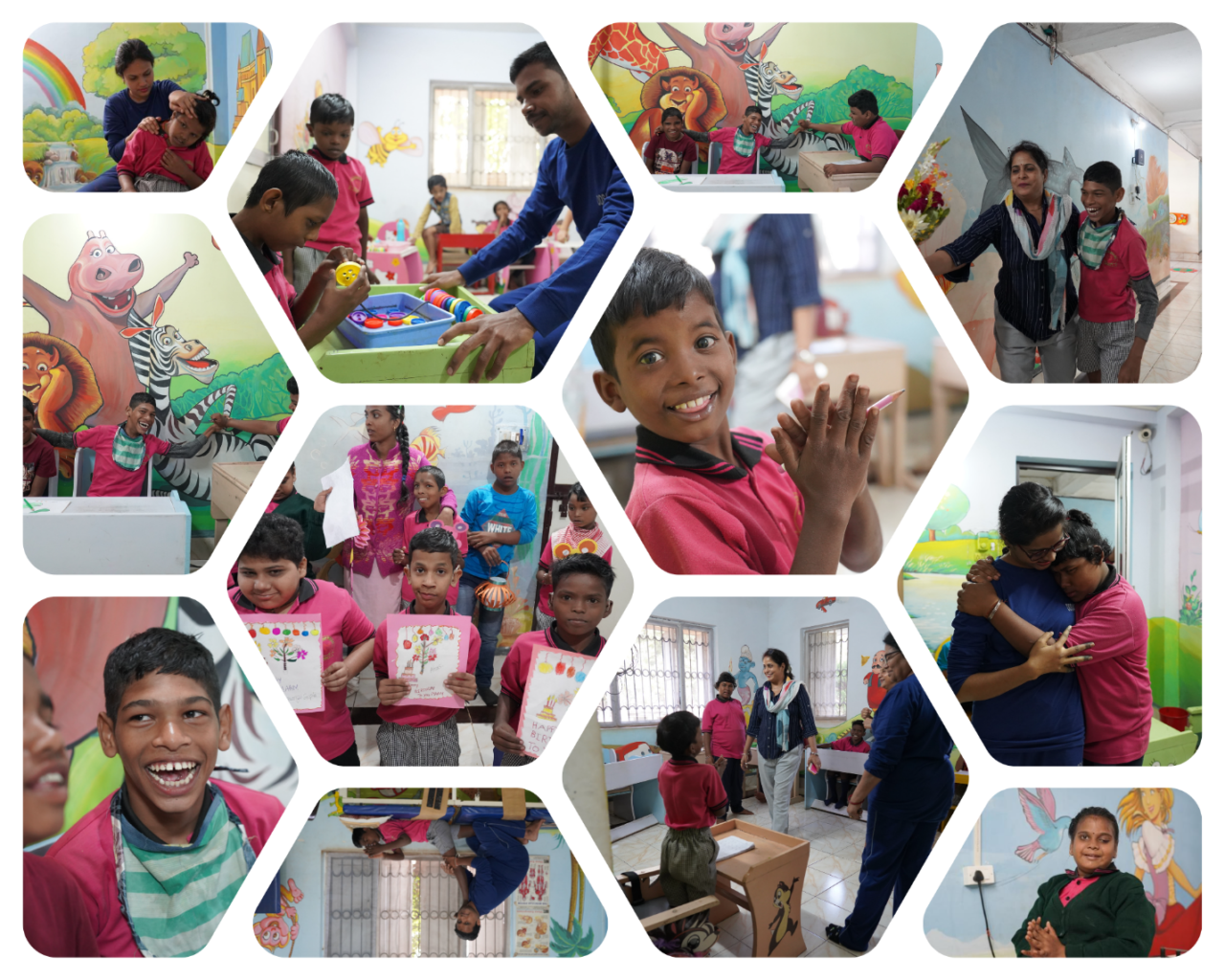Supporting people with disabilities is important to create a more inclusive and kinder society. There are many ways in which individuals can make a difference, from respecting personal space to boosting their confidence. During lockdowns, it can be especially challenging for disabled individuals to access healthcare and daily needs. However, small gestures like offering to help with ordering medication or checking in on disabled neighbors can go a long way in ensuring their well-being. Additionally, using inclusive language and being an advocate for their rights and welfare can help break down barriers and promote inclusivity for all. One organization that is making a significant impact in empowering women, differently-abled, and marginalized communities is Saanchi, an initiative of the Draupadi Devi Welfare Organization. Through providing education, skill development, and sanitary pad production, Saanchi aims to create an inclusive and self-reliant community where these groups can lead independent and fulfilling lives.
Here are 10 ways to support people with disabilities:
Asking Before Assisting: Building Relationships with People with Disabilities
People with disabilities should be treated as equals and not be assumed to need help. It’s important to ask if they need any assistance and understand their needs before offering support. Communication is key in building relationships with people with disabilities and it’s essential to use simple language, listen attentively and avoid interruptions.
Health Care Support: Ensuring Access to Medical Care for People with Disabilities
During lockdowns, it can be challenging for disabled individuals to access healthcare. Offering help with ordering medication, setting up virtual doctor appointments, or accompanying them to a nearby clinic can go a long way in ensuring access to medical care. Checking in on disabled neighbors and making sure they have enough groceries and food supplies is also important.
Using Inclusive Language: Promoting Respect and Understanding for People with Disabilities
It’s important to avoid using offensive terms when communicating with disabled individuals and instead use person-first language such as “person with a disability”. By treating people with disabilities with respect, understanding, and empathy, we can help create a more inclusive and kinder society for all.
Support Health Care Access: It can be challenging for individuals with disabilities to access healthcare, especially during lockdowns. Offer to help with ordering medication, setting up virtual doctor appointments, or accompanying them to a nearby clinic. It’s a small but meaningful way to help support their well-being.
Ensure Daily Needs are Met: Check in on disabled neighbors and make sure they have enough groceries and food supplies. Help them purchase essentials online and ensure they have access to nutritious meals. This not only helps meet their daily needs, but also shows that they are valued members of the community.
Respecting Personal Space: Providing a Safe Environment for People with Disabilities
People with disabilities need their own space and may not appreciate others touching their mobility aids without permission. It’s important to always ask for permission before touching their equipment or entering their room. Social distancing is important, but it’s also essential to engage in positive conversations and help disabled individuals feel a sense of belonging.
Avoid Language that is Offensive: The language we use when speaking to or about individuals with disabilities is important. Avoid using terms that are offensive or insensitive, and instead use person-first language, such as “person with a disability,” to show respect and dignity.
Promote Inclusivity and Belonging: While maintaining social distance is important, don’t isolate disabled individuals in your community. Engage in positive conversations and help them feel a sense of belonging. This can help break down barriers and promote inclusiveness for all members of the community.
Boosting Confidence: Making People with Disabilities Feel Valued
People with disabilities may struggle with self-esteem and confidence, making them feel inferior to others. It’s important to avoid staring and make eye contact when speaking and avoid making the conversation about their disability. Making simple changes in the home or workplace can make visitors with disabilities feel comfortable and valued.
Be an Advocate: Finally, you can help support individuals with disabilities by being an advocate for their rights, dignity, and welfare. Share information about the challenges they face, and work to raise awareness in your community about the importance of inclusion and accessibility. By doing so, you can help create a more inclusive and kinder society for all.
Breaking Barriers: Saanchi’s Support for Women and Differently-Abled
Saanchi, an initiative of the Draupadi Devi Welfare Organization located in Odisha, India, has a noble mission of empowering women, differently-abled, and marginalized communities. Through providing education, skill development, and sanitary pad production, the centre aims to create an inclusive and self-reliant community where these groups can lead independent and fulfilling lives.
The centre offers a range of programs such as skill workshops, soft skill classes, and health awareness campaigns to empower the local community. The focus is on promoting self-sufficiency and independence through education and training opportunities for women and differently-abled. Additionally, Saanchi is committed to making a positive impact on the environment by producing high-quality, affordable sanitary pads.
In line with its mission, Saanchi invites the public to support its efforts and contribute to its cause by volunteering time or purchasing its eco-friendly sanitary pads. The centre’s vision is to establish an inclusive community where women and differently-abled are valued, respected, and have equal access to opportunities for growth and development.


